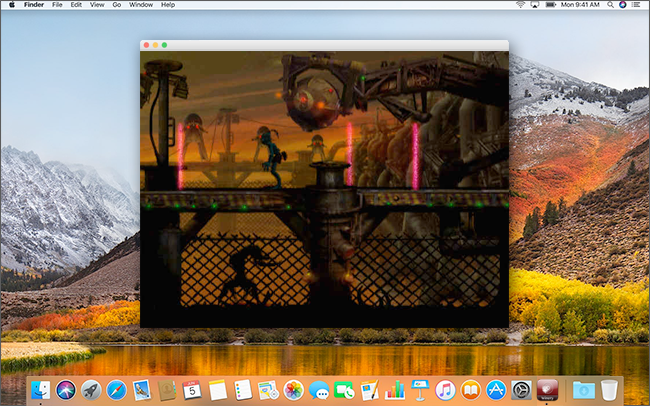die-hard mac fans
Well: let us pause a moment and ask ourselves who is likely to use OXT (none at the present rate):
1. Teachers preparing 'guff' (interactive somethings) for schools . . . 98% of schools run Windows.
2. Teachers using OXT to teach programming to sprogs . . . 98% of schools run Windows.
3. Other people running up Q-n-D in-house stuff to do Q-n-D things . . . Most people use Windows or Linux: and if people are so wealthy they can afford new ARM Macintoshes they can pay for LiveCode, use other commercial software, or boil their heads.
4. Niche nutcases working on the programming equivalent of the great American novel that will take them several years until they have something semi-decent.
This is where I hope a few people who are reading this stuff can chime in with some other realistic use-cases.
As I fit into ALL these categories:
1. In-house stuff for my language/programming school.
2. Teaching sprogs programming.
3. Just ran up a text analysis program for my son for something he is doing for his PhD which involves trawling through 1,000s of documents: the commercial thing would cost him £500: OK, nicer interface, more capabilities (which he doesn't need), blah, blah, blah: why waste 500 quid when Dad can knock you together a Q-n-D thing that does what you need all for the price of running downstairs to make coffee and carry a plate of biscuits upstairs?
4. Niche nutcase: Yup: Devawriter Pro (for typing in Sanskrit FFS) ongoing after 14 years: Pismo (for typing in Glagolitic Old Church Slavonic FFS): Grendel (for typing in Anglo-Saxon, Lower Franconian, other distinctly dead Germanic languages FFS). At least it keeps some psychopathic creatures locked in their University departments analysing and digitising ancient languages when they might be out button-holing random people in the street and asking them, "Why don't you speak Gothic?" with threats and violence.

I would say, "Screw Macintosh ARM processors: or, at the least, bung them right down the bottom of the laundry list."
BUT, wait a moment, I am a "die-hard mac fan" . . .
Well, YES and No:
Between 2009 and 2018 I had only access to a 32-bit Intel iMac running 10.6 (Snow Leopard), so dod all the things I listed above on Xubuntu.
I have NO problems at all with Xubuntu.
I like the Macintosh interface: but as this is fakeable on XFCE this is not a factor.
Emotionally attached to Macintosh computers.
BUT, quite honestly I cannot see myself getting my knickers in a twist if there is no Mac ARM version of OXT.
If you can get a version 1/RC 1 out of the door with the inherited LC engine that has to be the first step (which you are fast approaching), which will be a wonderful thing.
If 'someone' works out a way (engine or other) way to get things up-and-running on Mac ARM machines: well, jolly nice: but not mission critical.
